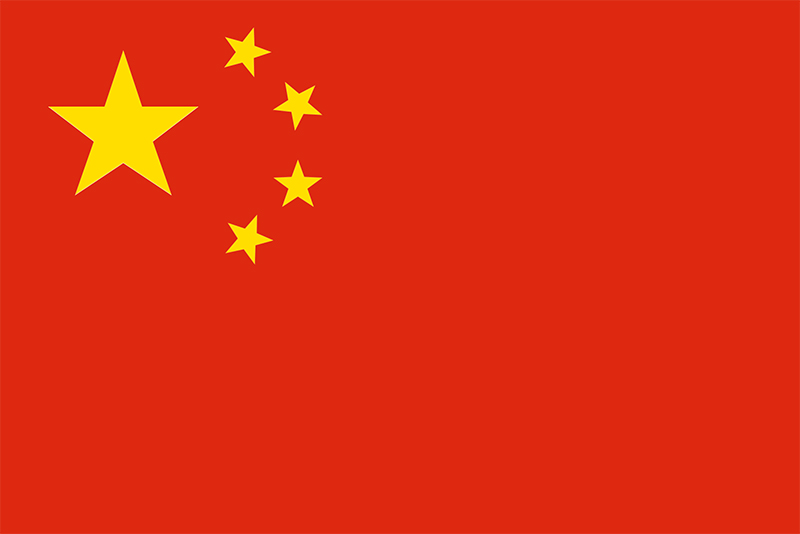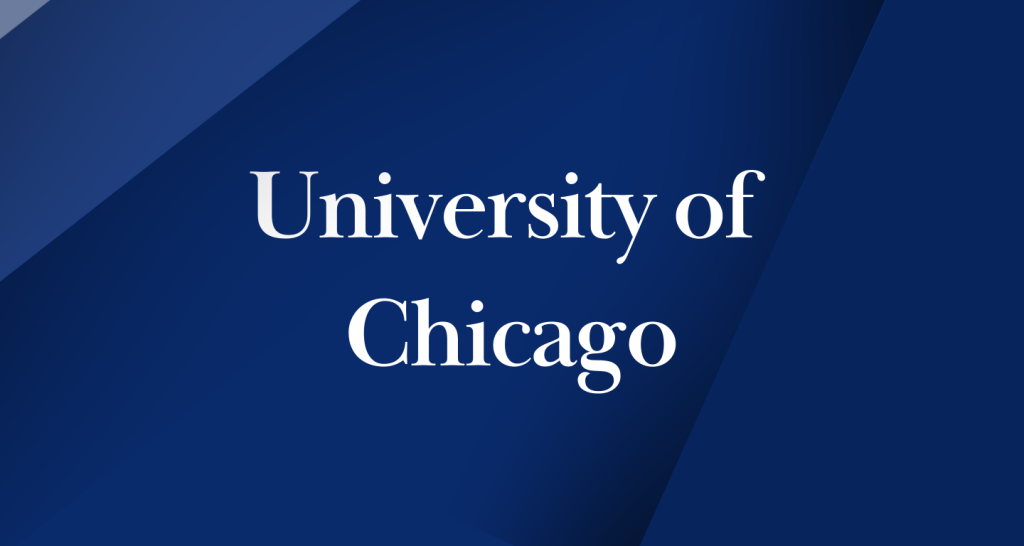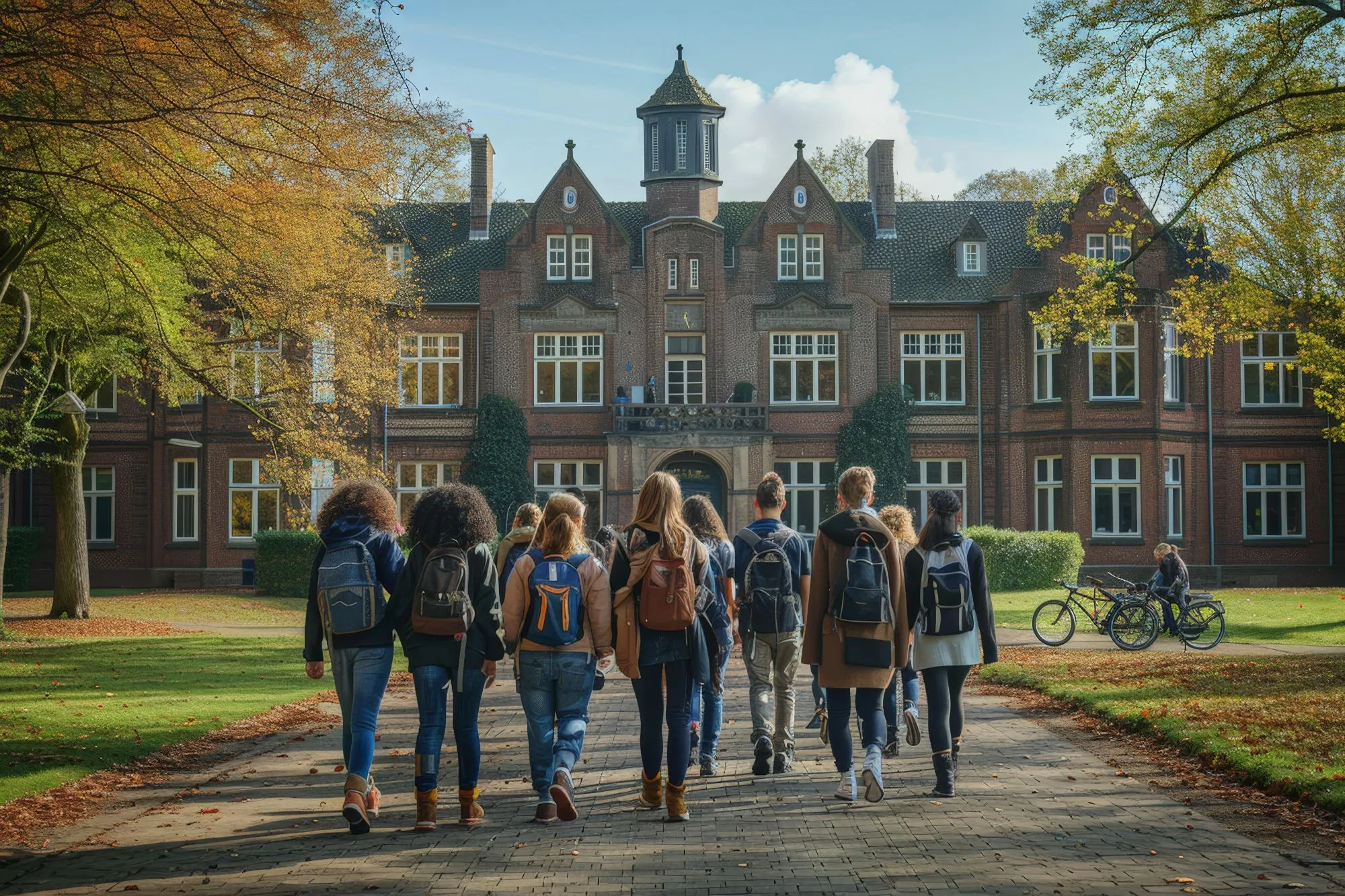Student Profile
Student Name: Miki
Admitted to: University of Chicago

Q: How did you decide to apply for the Early Decision (ED) program at the University of Chicago?
Miki: At first, I had some assumptions about the University of Chicago. I thought it might be very demanding academically and that there might be fewer opportunities for social activities or athletics. But as I spent more time learning about the school and reflecting on what I wanted in a college, I realized it was actually a great fit for me.
I have always enjoyed exploring ideas deeply and engaging with subjects that challenge me, and the University of Chicago offers an environment where I can do that. Its art program fits perfectly with my interest in photography, allowing me to develop my creative skills alongside my academic pursuits. Coming from an all girl’s’s school, I chose Gender Studies as my major because it reflects my personal experiences and perspective. It also gives me the opportunity to explore issues I care deeply about in a meaningful way.
Q: This year’s application process was especially challenging, with obstacles like canceled SATs and online classes. Can you share your experience?
Miki: My SAT exams were canceled multiple times. The first cancellation was in March, followed by Hong Kong in August, then Dubai, and several more in Cambodia. Eventually, when the pandemic was still serious in the United States, I decided to fly back home.
While I was quarantined in a hotel, I had to manage writing documents, participating in activities, attending online classes, and maintaining my GPA. It was exhausting, and I realized that taking care of myself had to come first. To lift my spirits, I would sometimes dance to TikTok videos.
When I later arrived in Boston, the Ivy Talent team arranged a hotel for me. There was a LadyM cake shop downstairs, and I promised myself a small treat after completing each school application.
Over time, my mindset began to change. I realized that success was not about going to a top-ranked university, but about making choices I would not regret. After being deferred by the University of Chicago through Early Action, I decided to continue my application through Early Decision.
Q: How was your experience in high school?
Miki: The biggest change for me in high school was developing a genuine love for learning. I started to see academics not just as a way to earn good grades, but as an opportunity to challenge myself and explore new ideas. Over time, I pushed myself to take more difficult courses and really engage with the material, which helped me grow both academically and personally.
Q: How did you choose your extracurricular activities?
Miki: High school is a time to explore different interests and discover what you enjoy. For me, photography became my passion. I love taking my camera out to capture everyday life and street scenes. Trying different activities helped me figure out what truly matters to me.
I joined several photography clubs and participated in international competitions, achieving strong results. One of my most memorable experiences was working on an installation project with a Stanford professor, where I studied works including Cindy Sherman’s. This project inspired a lot of my reflections on feminism, which I included in my Barnard College essay. During the pandemic, I also created a photography portfolio, which later won an international award.
In addition, I served as president of IGNiTE, a political club. As a Chinese student, American politics might seem unfamiliar, but it intrigued me. Interacting with students from different countries taught me a lot of things I didn’t know before.
I was also editor-in-chief of my school newspaper, where I handled both writing and photography. One of the projects I worked on most sincerely was an investigation of the “Me Too” movement during my sophomore year.
Q: Gender Studies is a relatively niche major. Why did you choose it, and how did you explain your interest to the university?
Miki: My extracurricular activities are closely connected to my major, and attending an all-girls school also shaped my perspective. In 11th grade, I was an exchange student in Japan, where I conducted research on societal expectations of women and how gender roles influence daily life. In 12th grade, my English class focused on feminist literature, and I also studied feminist theory.
I see gender studies as closely related to international human rights. In my 11th-grade English class, I learned about immigration and was deeply struck by the unequal treatment that many female immigrants face.
For me, gender studies is woven into everyday life and helps shape who we are. That is why I want to pursue it.
Q: What advice do you have for juniors who are just entering high school?
Miki: First, put your heart into your essays. I spent a lot of time discussing drafts with my consultant at Ivy Talent and revised my essay many times before finalizing it. If I had to choose the two most important parts of an application, they would be the essay and your GPA.
Second, prioritize self-care and find ways to manage your emotions. You cannot handle the pressure of applications if you are not taking care of yourself. It is also important to communicate openly with your counselor, parents, and friends.
Finally, when researching why a school is a good fit for you, look beyond the official website. Check the school’s social media accounts, such as Instagram, to gain insight into student life and perspectives.
From Ivy Talent
Miki has always stood out for her distinctive personality at Miss Porter’s School. She actively participates in social activities and shows curiosity about a wide range of topics, from issues of equal rights to broader social perspectives.
Her application journey was full of challenges. She began preparing for the SAT in March, but the exams were repeatedly canceled. Even as the pandemic worsened, she stayed determined, balancing internships, online classes, quarantined exams, and essay writing.
Even without SAT scores, Miki’s commitment to challenging courses including a score of 5 in AP U.S. History, and her impressive photography portfolio were major strengths in her application. Her portfolio provided excellent material for supplementary submissions, and after being deferred in Early Action, she proactively applied through Early Decision II, which strengthened her candidacy.
 中文
中文 Tiếng Việt
Tiếng Việt




